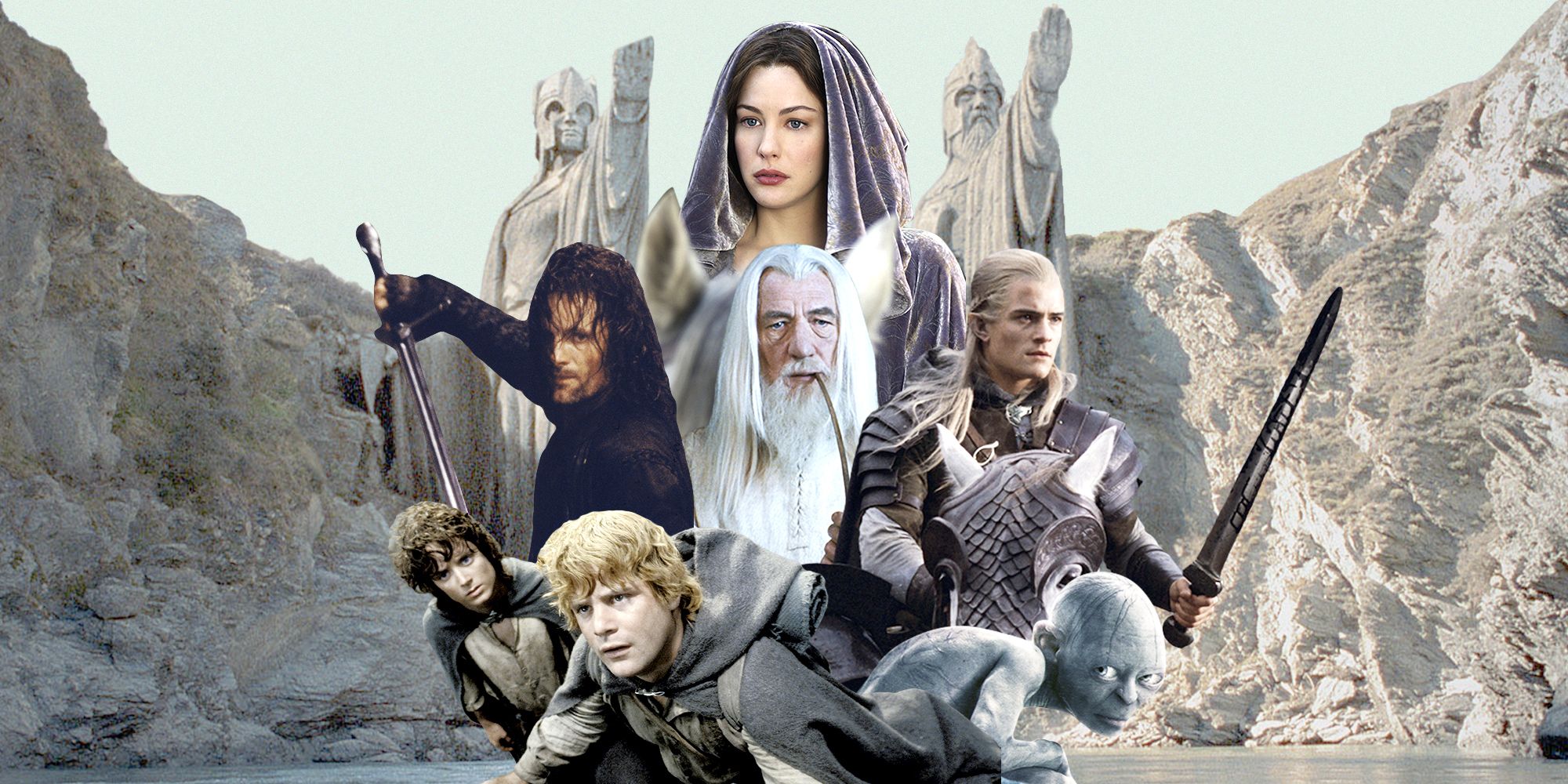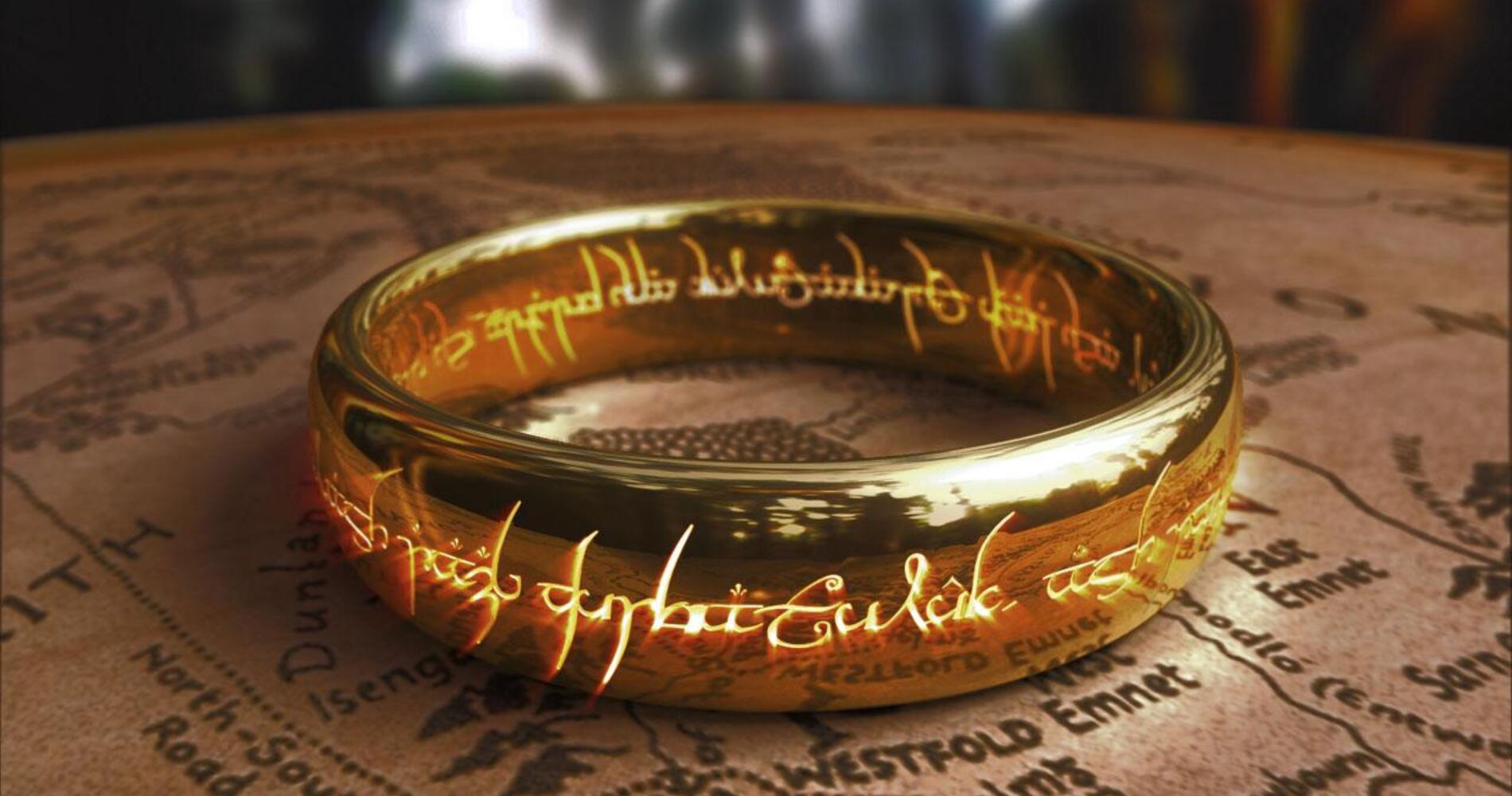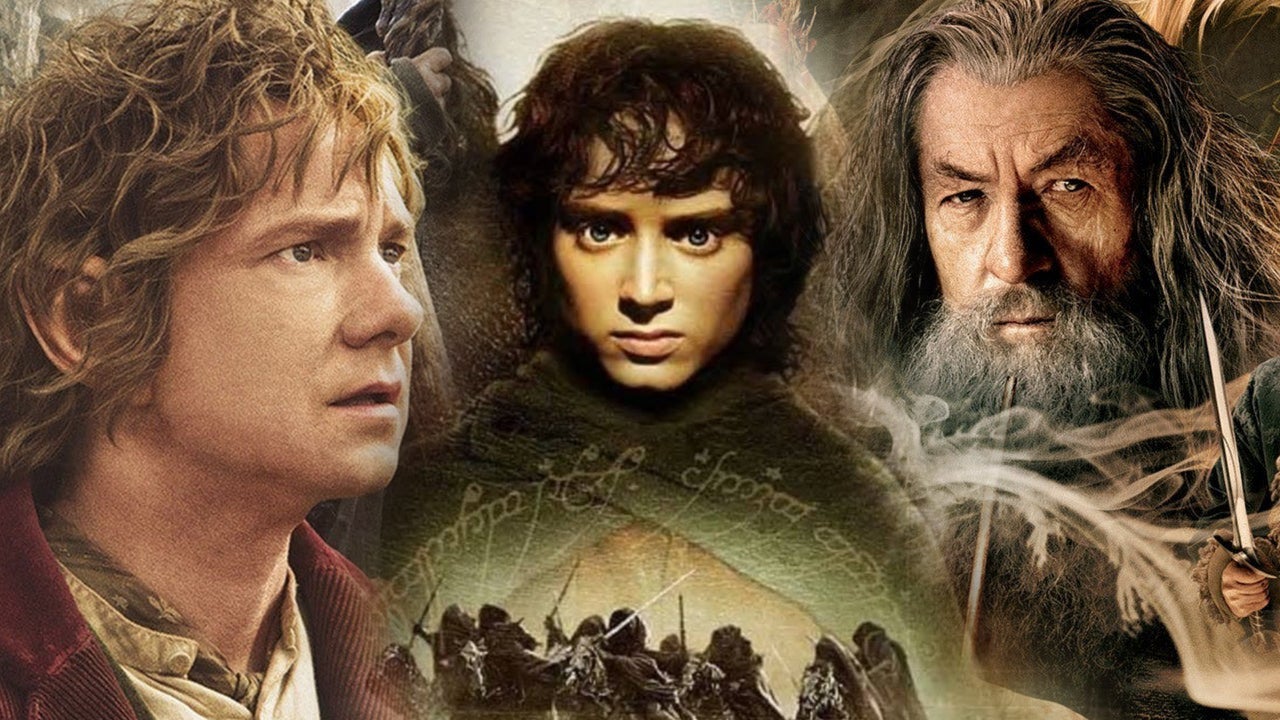Themes in Literature: Unpacking the Central Ideas and Messages of The Lord of the Rings
J.R.R. Tolkien's The Lord of the Rings is not just a cornerstone of fantasy literature; it's a profound exploration of timeless themes that resonate deeply with readers. Beyond the epic battles, fantastical creatures, and intricate world-building lies a tapestry of ideas that reflect on the human condition, morality, and society. In this article, we’ll delve into some of the central themes that make The Lord of the Rings not only a thrilling adventure but also a meaningful narrative that continues to inspire and provoke thought.

Good vs. Evil: The Eternal Struggle
At its core, The Lord of the Rings embodies the classic theme of the struggle between good and evil. This is most visibly represented by the conflict between the Fellowship of the Ring and the dark forces of Sauron. The One Ring itself symbolizes the corrupting influence of power and how it can lead even the noblest of characters astray.
Key Takeaway: The story illustrates that the battle against evil is not just external but also internal. Characters like Frodo, Boromir, and Gollum embody the struggle against temptation and the choices that define moral character. The theme emphasizes that everyone has the potential for both good and evil, depending on their choices.
Friendship and Fellowship: Strength in Unity
The theme of friendship and camaraderie is woven throughout The Lord of the Rings, demonstrating that true strength lies in unity and support. The Fellowship of the Ring—composed of individuals from diverse backgrounds and races—highlights how collaboration can overcome monumental challenges.
Key Takeaway: The bonds formed between characters, such as Frodo and Sam, are crucial for their journey. Sam's loyalty and courage exemplify the idea that love and friendship can triumph over despair. The narrative suggests that collective effort and mutual support are vital in the face of adversity.
Fate and Free Will: The Balance of Destiny
The interplay between fate and free will is a complex theme in The Lord of the Rings. Characters are often faced with choices that determine their paths, raising questions about whether they are merely pawns of fate or masters of their destinies.
Key Takeaway: The journey of Frodo illustrates the tension between accepting one's fate and exercising free will. While the prophecy of the Ring's destruction is set, it is ultimately the choices made by individuals that shape the outcome. This theme invites readers to reflect on their own lives, emphasizing the significance of personal agency.
The Burden of Power: The Weight of Responsibility
The One Ring serves as a powerful symbol of the burden of power and the responsibility that comes with it. Throughout the story, characters grapple with the temptation to wield the Ring's power for good, often leading to disastrous consequences.
Key Takeaway: Tolkien explores how power can corrupt and distort one's intentions. Characters like Sauron and Saruman represent the destructive nature of unbridled ambition, while Frodo’s struggle with the Ring illustrates the toll that such power can take on an individual. This theme serves as a cautionary tale about the dangers of seeking power for its own sake.

Hope and Despair: The Light in Darkness
Amidst the darkness and despair present in Middle-earth, The Lord of the Rings conveys a powerful message about hope. The journey of the characters, particularly Frodo and Sam, showcases the resilience of the human spirit even in the bleakest of times.
Key Takeaway: The story emphasizes that hope can be found in the smallest of actions, as seen in Sam's determination to support Frodo and the unyielding spirit of the free peoples of Middle-earth. This theme encourages readers to hold onto hope, even when faced with overwhelming odds, and highlights the importance of perseverance.
Sacrifice and Redemption: The Cost of Valor
Sacrifice is a recurring theme in The Lord of the Rings, with many characters willing to give up their lives for a greater cause. The notion of personal sacrifice for the sake of others is exemplified through characters like Aragorn, Gandalf, and even Gollum.
Key Takeaway: The theme of redemption is particularly poignant in Gollum's character arc. His duality illustrates the possibility of redemption through self-sacrifice, suggesting that even those who have fallen can find a path to forgiveness. The sacrifices made by the characters reinforce the idea that true heroism often comes with a heavy price.

Nature and Industrialization: A Call to Preserve the Earth
Tolkien, a lover of nature, infuses The Lord of the Rings with themes reflecting the beauty of the natural world and the perils of industrialization. The Shire represents an idyllic existence, while Isengard, with its factories and pollution, symbolizes the destructive nature of unchecked technological advancement.
Key Takeaway: The contrast between the lush landscapes of Middle-earth and the stark, mechanized environments serves as a critique of modernity. Tolkien’s work advocates for a harmonious relationship with nature, reminding readers of the importance of preserving the earth and its beauty against the encroachment of industry.
Timeless Messages for a Modern Audience
The Lord of the Rings transcends its genre, delivering profound messages that resonate across generations. Themes of good versus evil, friendship, the burden of power, hope, sacrifice, the preservation of nature, and the balance between fate and free will intertwine to create a rich narrative tapestry. As readers embark on their journey through Middle-earth, they are invited to reflect on these themes, encouraging them to draw parallels to their own lives. Through its enduring messages, Tolkien’s masterpiece continues to inspire readers to confront their own battles and to embrace the light amid darkness.












